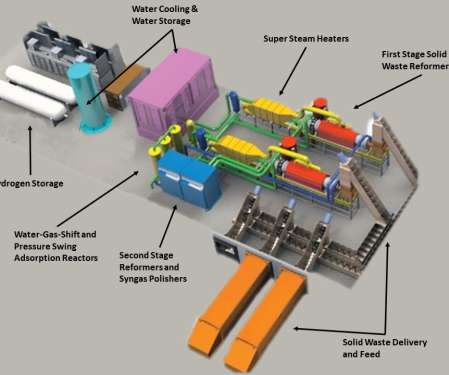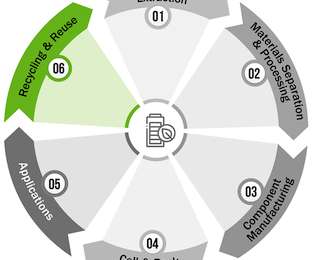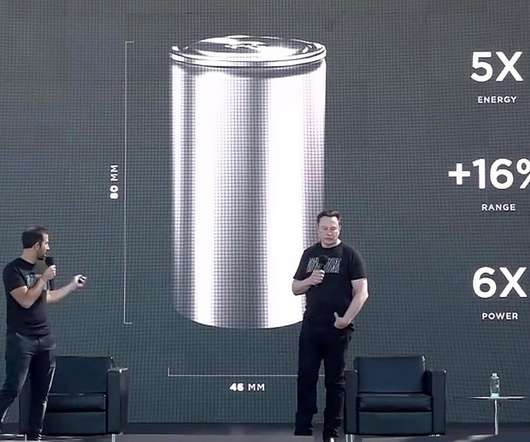Raven SR & Hyzon Motors to build up to 100 waste-to-hydrogen hubs
Green Car Congress
APRIL 28, 2021
At the hubs, which can be built at or near landfills, Raven SR will convert mixed and multiple organic wastes, including municipal solid waste, greenwaste, food waste, medical, paper, etc. For this reason, the California EPA has determined that the Raven SR method is a non-combustion process (cf. 22 CCR § 66260.10





























Let's personalize your content